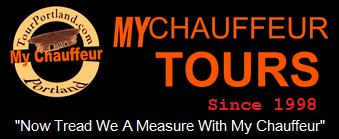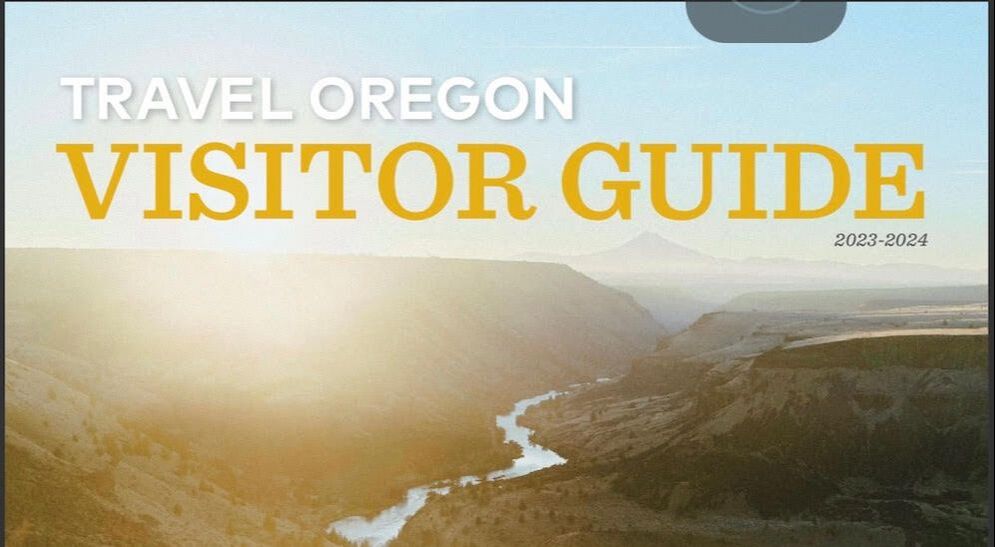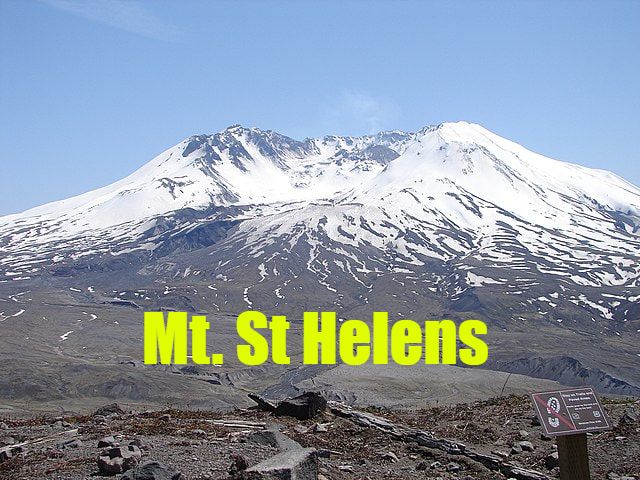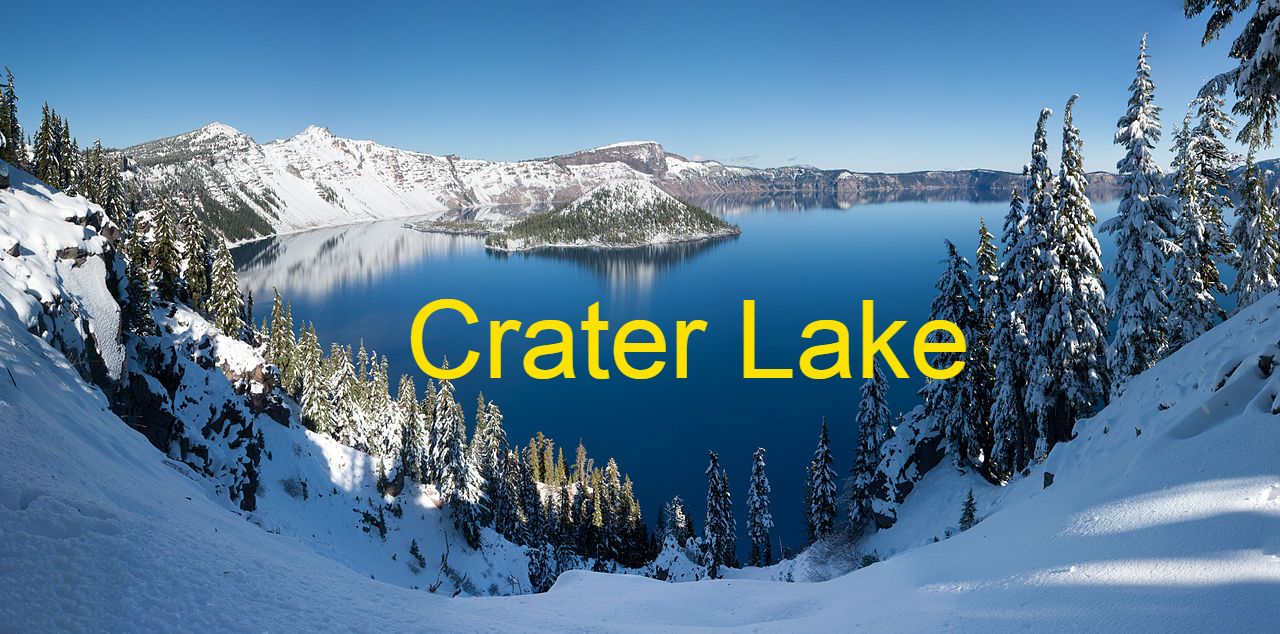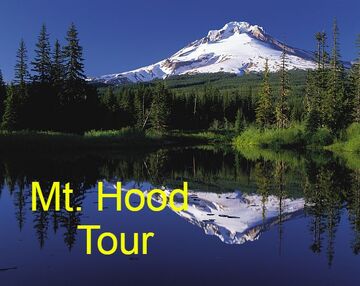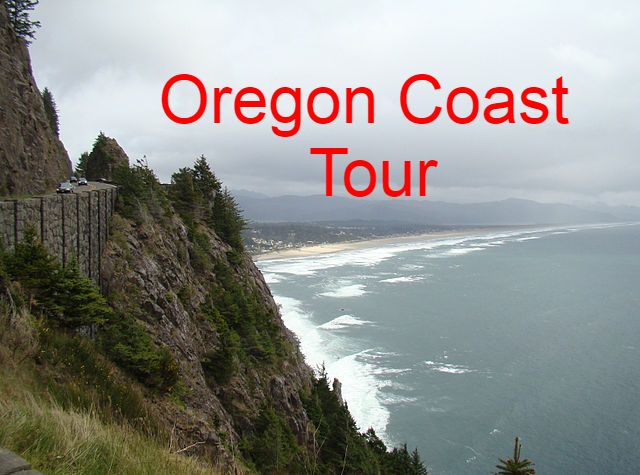“More Kind to Us than Jonah”: Lewis & Clark Meet the Blue Whale
September 17, 2012 by Frances Hunter
On a cold, rainy Sunday in December 1805, William Clark was dealing with sick men, hard-bargaining Indians, and spoiled elk. However, he was quick to note in his journal that a welcome bit of novelty had crept into the dreary routine at Fort Clatsop. “We were informed day before yesterday that a whale had foundered on the coast to the S. W. near the Kil a mox [Tillamook] N. and that the greater part of the Clat Sops were gorn for the oile & blubber,” Clark wrote. “The wind proves too high for us to proceed by water to See this monster, Capt Lewis has been in readiness Since we first heard of the whale to go and see it and collect Some of its Oil, the wind has proved too high as yet for him to proceed.”
The sight of a whale would indeed have been a novelty. In 1805, the ascent of the New England whaling industry was still 15 years away, and Lewis and Clark would have known whales mostly as a source for lamp oil and candle wax.
One week after first hearing about the whale, Lewis and Clark got their first taste of the big fish from a couple of their own men who were employed at the Salt Camp. On January 5, 1806, Clark noted, “At 5 p. m. Willard and Wiser returned, they had not been lost as we expected. they informd us that it was not untill the 5th day after leaveing the fort, that they Could find a Convenient place for makeing Salt; that they had at length established themselves on the Sea Coast about 15 miles S. W. from this, near the houses of Some Clat Sop & Kil a mox families; that the Indians were very friendly and had given them a considerable quantity of the blubber of the whale which perished on the Coast Some distance S. E. of them.”
Willard and Wiser had brought some of the whale blubber to Fort Clatsop. Ever the epicurean, Lewis was anxious to sample the whale meat. “It was white & not unlike the fat of Poark, tho’ the texture was more spongey and somewhat coarser,” he wrote. “I had a part of it cooked and found it very pallitable and tender, it resembled the beaver or the dog in flavor.”
“the Indian woman was very impotunate to be permited to go”
His curiosity piqued, Clark determined “to Set out early tomorrow with two canoes & 12 men in quest of the whale or at all events to purchase from the indians a parcel of the blubber.” The next day, he picked up one additional passenger. Sacagawea had heard about the whale and was not about to be left behind. Lewis recorded, “Capt Clark set out after an early breakfast with the party in two canoes as had been concerted the last evening; Charbono and his Indian woman were also of the party; the Indian woman was very impotunate to be permited to go, and was therefore indulged; she observed that she had traveled a long way with us to see the great waters, and that now that monstrous fish was also to be seen, she thought it very hard she could not be permitted to see either (she had never yet been to the Ocean).”
By Tuesday, January 7, Clark’s party had reached the sea coast, about 35 miles from Fort Clatsop. Clark hired an Indian guide to pilot them to the location of the beached whale. On the way, he noted that “we met 14 Indians loaded with blubber.” Unfortunately, the Corps of Discovery was a johnny-come-lately to the party. When they reached the Tillamook Nation on Wednesday the 8th, the Indians were busily boiling blubber and siphoning the whale oil into a canoe. The whale itself, called E cu-la by the natives, was lying on “a very large Rock” and had been dead for more than a week. It was “nothing but a Sceleton.”
Clark estimated the skeleton’s length to be 105 feet. According to Private Whitehouse, the head was shaped “like the bow of a Vessell nearly.” Based on that description, it could have been a blue whale, the largest mammal on the planet.
Finding no blubber left on the carcass, Clark’s next task was to try to strike a bargain. “We tok out a few bones and returned to the Cabins at the mouth of the Creek, and attempted to trade with thos people who I found Close and Capricious, would not trade the Smallest piece except they thought they got an advantage of the bargain,” Clark complained. Clark and the men were finally able to purchase about 300 pounds of blubber and a few gallons of whale oil. Clark wrote testily, “Finding they would not trade I Deturmined to return home with what we have.”
The next day, Clark divided the load among the men in his party and set out on the return trip to Fort Clatsop. They found it tough going until they chanced upon a party of Indians, also transporting a heavy load of blubber. “On the Steep decent of the Mountain I overtook five men and Six womin with emence loads of the Oil and blubber of the Whale,” Clark recorded. “One of the women in the act of getting down a Steep part of the mountain her load by Some means had Sliped off her back, and She was holding the load by a Strap which was fastened to the mat bag in which it was in, in one hand and holding a bush by the other, as I was in front of my party, I endeavored to relieve this woman by takeing her load untill She Could get to a better place a little below, & to my estonishment found the load as much as I Could lift and must exceed 100 wt.” He added, “Estonishing what custom will do.”
Jonah and the whale.
Clark’s weary party returned home to Fort Clatsop on Friday, January 10 with their precious oil and whale meat. Clark reflected in his journal, “Small as this Stock is I prise it highly; and thank providence for directing the whale to us; and think him much more kind to us than he was to jonah, having Sent this monster to be Swallowed by us in Sted of Swallowing of us as jonah’s did.”
September 17, 2012 by Frances Hunter
On a cold, rainy Sunday in December 1805, William Clark was dealing with sick men, hard-bargaining Indians, and spoiled elk. However, he was quick to note in his journal that a welcome bit of novelty had crept into the dreary routine at Fort Clatsop. “We were informed day before yesterday that a whale had foundered on the coast to the S. W. near the Kil a mox [Tillamook] N. and that the greater part of the Clat Sops were gorn for the oile & blubber,” Clark wrote. “The wind proves too high for us to proceed by water to See this monster, Capt Lewis has been in readiness Since we first heard of the whale to go and see it and collect Some of its Oil, the wind has proved too high as yet for him to proceed.”
The sight of a whale would indeed have been a novelty. In 1805, the ascent of the New England whaling industry was still 15 years away, and Lewis and Clark would have known whales mostly as a source for lamp oil and candle wax.
One week after first hearing about the whale, Lewis and Clark got their first taste of the big fish from a couple of their own men who were employed at the Salt Camp. On January 5, 1806, Clark noted, “At 5 p. m. Willard and Wiser returned, they had not been lost as we expected. they informd us that it was not untill the 5th day after leaveing the fort, that they Could find a Convenient place for makeing Salt; that they had at length established themselves on the Sea Coast about 15 miles S. W. from this, near the houses of Some Clat Sop & Kil a mox families; that the Indians were very friendly and had given them a considerable quantity of the blubber of the whale which perished on the Coast Some distance S. E. of them.”
Willard and Wiser had brought some of the whale blubber to Fort Clatsop. Ever the epicurean, Lewis was anxious to sample the whale meat. “It was white & not unlike the fat of Poark, tho’ the texture was more spongey and somewhat coarser,” he wrote. “I had a part of it cooked and found it very pallitable and tender, it resembled the beaver or the dog in flavor.”
“the Indian woman was very impotunate to be permited to go”
His curiosity piqued, Clark determined “to Set out early tomorrow with two canoes & 12 men in quest of the whale or at all events to purchase from the indians a parcel of the blubber.” The next day, he picked up one additional passenger. Sacagawea had heard about the whale and was not about to be left behind. Lewis recorded, “Capt Clark set out after an early breakfast with the party in two canoes as had been concerted the last evening; Charbono and his Indian woman were also of the party; the Indian woman was very impotunate to be permited to go, and was therefore indulged; she observed that she had traveled a long way with us to see the great waters, and that now that monstrous fish was also to be seen, she thought it very hard she could not be permitted to see either (she had never yet been to the Ocean).”
By Tuesday, January 7, Clark’s party had reached the sea coast, about 35 miles from Fort Clatsop. Clark hired an Indian guide to pilot them to the location of the beached whale. On the way, he noted that “we met 14 Indians loaded with blubber.” Unfortunately, the Corps of Discovery was a johnny-come-lately to the party. When they reached the Tillamook Nation on Wednesday the 8th, the Indians were busily boiling blubber and siphoning the whale oil into a canoe. The whale itself, called E cu-la by the natives, was lying on “a very large Rock” and had been dead for more than a week. It was “nothing but a Sceleton.”
Clark estimated the skeleton’s length to be 105 feet. According to Private Whitehouse, the head was shaped “like the bow of a Vessell nearly.” Based on that description, it could have been a blue whale, the largest mammal on the planet.
Finding no blubber left on the carcass, Clark’s next task was to try to strike a bargain. “We tok out a few bones and returned to the Cabins at the mouth of the Creek, and attempted to trade with thos people who I found Close and Capricious, would not trade the Smallest piece except they thought they got an advantage of the bargain,” Clark complained. Clark and the men were finally able to purchase about 300 pounds of blubber and a few gallons of whale oil. Clark wrote testily, “Finding they would not trade I Deturmined to return home with what we have.”
The next day, Clark divided the load among the men in his party and set out on the return trip to Fort Clatsop. They found it tough going until they chanced upon a party of Indians, also transporting a heavy load of blubber. “On the Steep decent of the Mountain I overtook five men and Six womin with emence loads of the Oil and blubber of the Whale,” Clark recorded. “One of the women in the act of getting down a Steep part of the mountain her load by Some means had Sliped off her back, and She was holding the load by a Strap which was fastened to the mat bag in which it was in, in one hand and holding a bush by the other, as I was in front of my party, I endeavored to relieve this woman by takeing her load untill She Could get to a better place a little below, & to my estonishment found the load as much as I Could lift and must exceed 100 wt.” He added, “Estonishing what custom will do.”
Jonah and the whale.
Clark’s weary party returned home to Fort Clatsop on Friday, January 10 with their precious oil and whale meat. Clark reflected in his journal, “Small as this Stock is I prise it highly; and thank providence for directing the whale to us; and think him much more kind to us than he was to jonah, having Sent this monster to be Swallowed by us in Sted of Swallowing of us as jonah’s did.”
